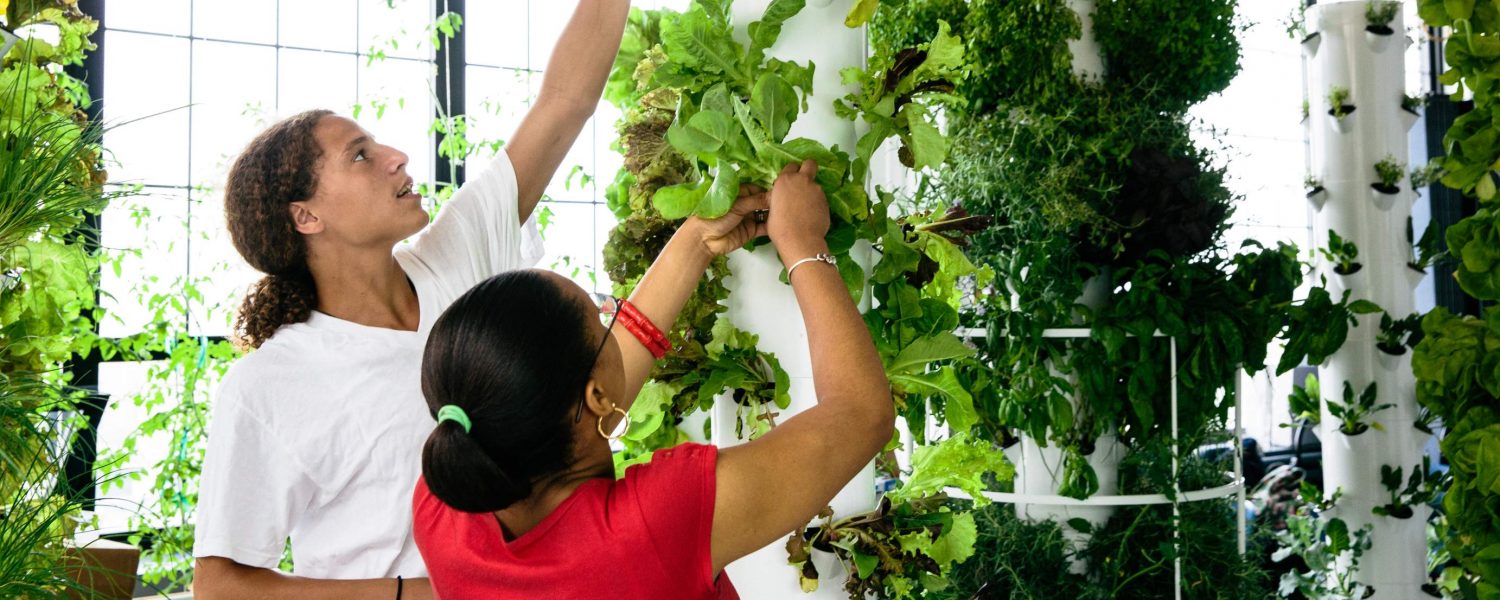Below is a synthesis of two professional pieces on sustainable development in education, “Love and Social Justice in Learning for Sustainability” and “The Place of Content and Pedagogy in Shaping Sustainability Learning Outcomes in Higher Education.”
The first paper asserts that it is not logically possible to work towards both global justice and ecological sustainability simultaneously, for there are critical contradictions about development and nature (2017, 40). These contradictions can hinder our progress. Instead, the authors propose a posthuman perspective on the issue as well as an approach to ethics and justice that takes into account both the human and nonhuman parts of the world. They conclude by considering how critical thinking about sustainability can be reworked into more effective course material.
The second paper picks up precisely where the first leaves off, by assessing undergraduate courses dealing with the environment and examining the ways in which they address sustainability and contribute to the development of sustainability learning outcomes. Researchers found that “skills development was promoted mainly in courses with a high degree of participatory learning; changes in awareness and attitudes were reported mainly in courses that addressed sustainable development, and motivation to promote sustainable development was reported mainly in courses that provided opportunities for active and participatory learning” (2018, 2).
These articles call into question current pedagogical methods surrounding sustainability and provide insight into what works best for teaching and practicing environmentalism. This research demonstrates that new, comprehensive frameworks about justice and environmentalism incorporated in active, participatory classes are fundamental in building sustainable habits, and should be utilized in thinking about how create lasting change in schools, and urban communities, around the world.
